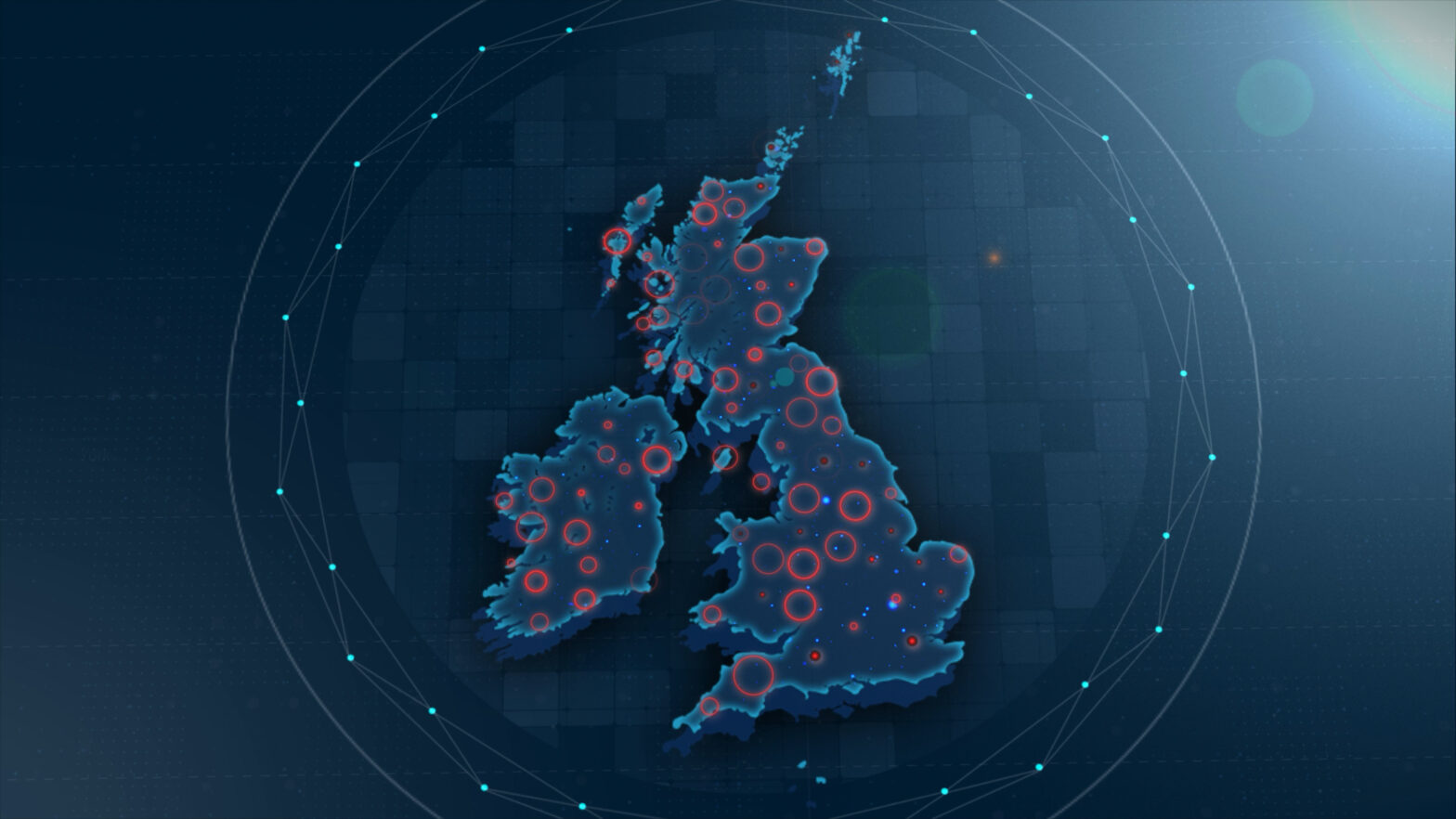With artificial intelligence being widely predicted to play an increasingly greater role in everyday life in the coming years, scientific advisers are urging government minister to get the ball rolling on a ‘sovereign AI’, to ensure that the country doesn’t become reliant on external services, reported The Telegraph.
There are also concerns that national security could be compromised if the UK becomes left behind globally.
“Leading actors in the private sector are spending billions of dollars developing such systems so there may only be a few months for policy that will enable domestic firms and our public sector to catch up,” said a report conducted by the Tony Blair Institute for Global Change.
It was also said that the Government needs to “take on a greater role in [AI’s] direct development to ensure the UK has sovereign capabilities in this field”.
The report went on to suggest that AI tools may be used by policymakers as writing assistants, and could act as virtual tutors in schools.
Bodies such as the NHS and the civil service in Whitehall have been identified by The Alan Turing Institute — Britain’s national AI agency — as areas where a national ChatGPT rival could mitigate operational issues.
While not concerned about sovereignty in particular, BT’s chief data and AI officer and Artificial Intelligence Council member Adrian Joseph told MPs on the Science and Technology Committee: “There is a risk the UK loses out to the large tech companies, and possibly China, and gets left behind.
“It’s a massive arms race… and the heat has been turned up more recently.”
Rising interest in chatbots
Calls for the development of a national AI system come amongst rising investment and interest in chatbots, including the recently expanded partnership between ChatGPT developers OpenAI and Microsoft, which encompasses implementation of the tool in the Bing search engine and cloud computing power delivered by Microsoft Azure.
However, there are concerns to be addressed around possible misinformation due to limited information at the disposal of large language models, a demonstrated example being a botched public debut by Google’s developing Bard chatbot.
In addition, The Times reported that government departments and corporations such as JP Morgan and KPMG have recently disallowed the internal use of ChatGPT amidst fears around data protection risks.
Accenture called for its staff to use the technology “responsibly”, while law firm Allen & Overy announced it had opted to roll out its own in-house system called Harvey, to aid administrative tasks.
Related:
The role of ChatGPT in the future of customer service — Given the emergence of ChatGPT and other chatbots, we consider how the role of such AI-powered technology in customer service could manifest itself in the coming years.
Strengthening customer trust by using search-powered solutions in the cloud — Here’s how utilising search-powered solutions in the cloud has led to strengthened trust from customers.










